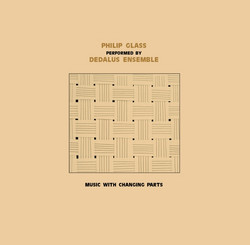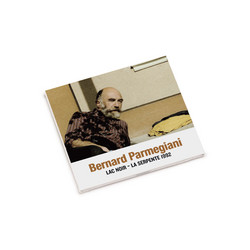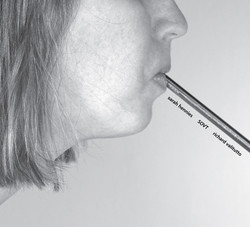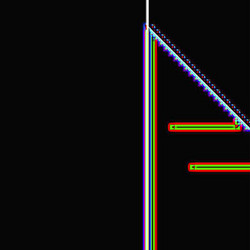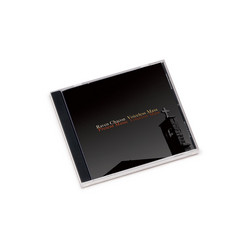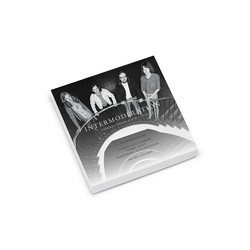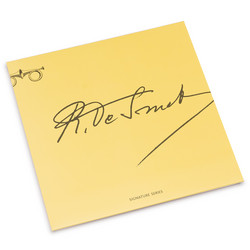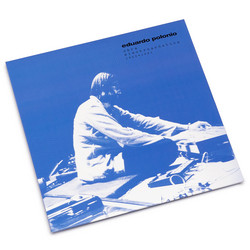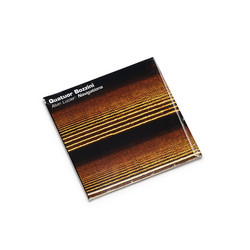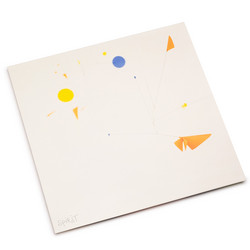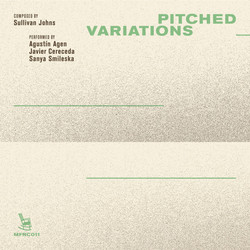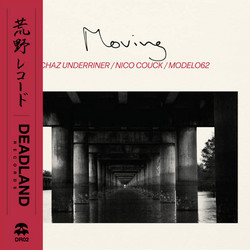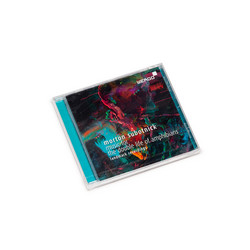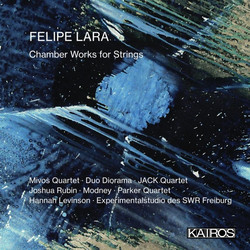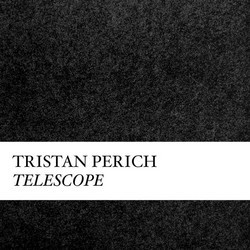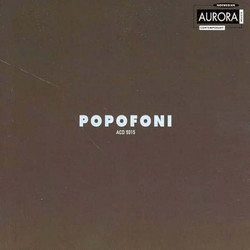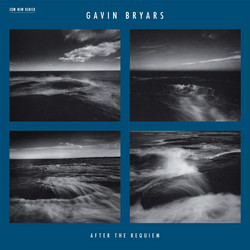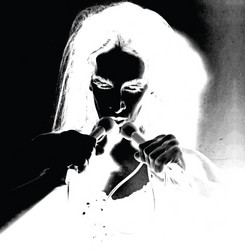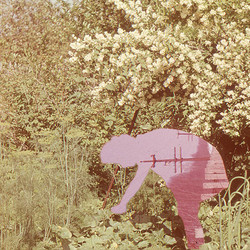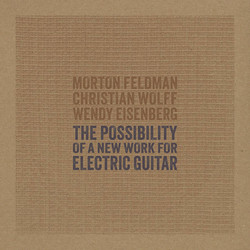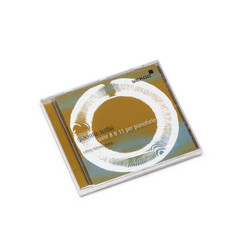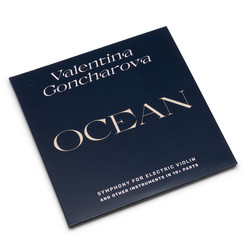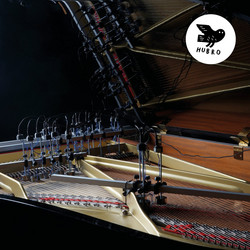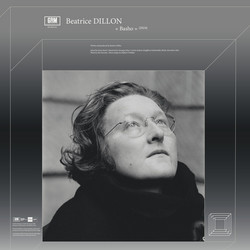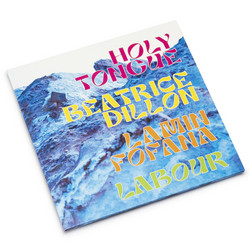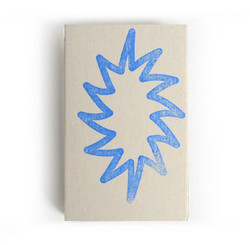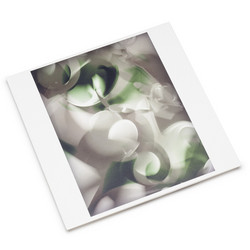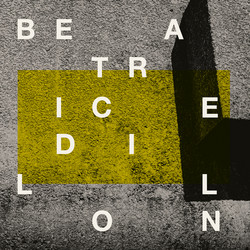Close to five years since the future-fwd dancefloor classic Workaround, Seven Reorganisations sees Beatrice Dillon return to the long-player format a long way removed from the club she helped reimagine. In some ways, the immediacy of that previous record positions it as somewhat of an outlier in Dillon's impressive catalogue of modern experimentation, and this latest collection, derived from a commission made by Mark Fell, represents a continuation of what now looks like a long established interest in minimalism, space and rearticulated performance. These four pieces (the 'seven' of the title, I assume, relates to the number of players involved: Dillon herself, and the Explore Ensemble sextet) also represent Dillon's first entirely acoustic work, and explore the intersection between studio recording and live performance, reflecting how the players might respond to both score and one another when placed in different contexts. The studio vs live arena is an intriguing dynamic (something also recently discussed by Able Noise when evaluating how they made their debut LP, for example/what it's worth), and obviously has a long and significant history within classical/composed music. The differences are subtle here, but they are present - you can hear the room, a shifting frisson in the energy of the performance - and I'd suggest a good deal of that is related to the one thing that isn't credited here: the imagined and the real.
It's cerebral stuff, but let that not cloud that it's also very affecting sound too. Don't be misled by the instructive nature of the title: there is emotion and depth here that isn't always necessarily present with music of such intellectual capacity. They might sound very different, but as with Workaround, here Dillon gets you thinking and feeling at the same time.
